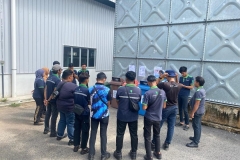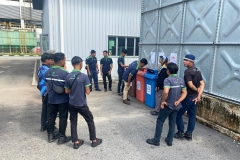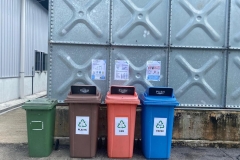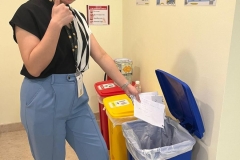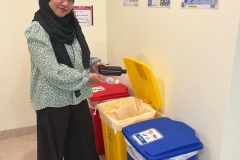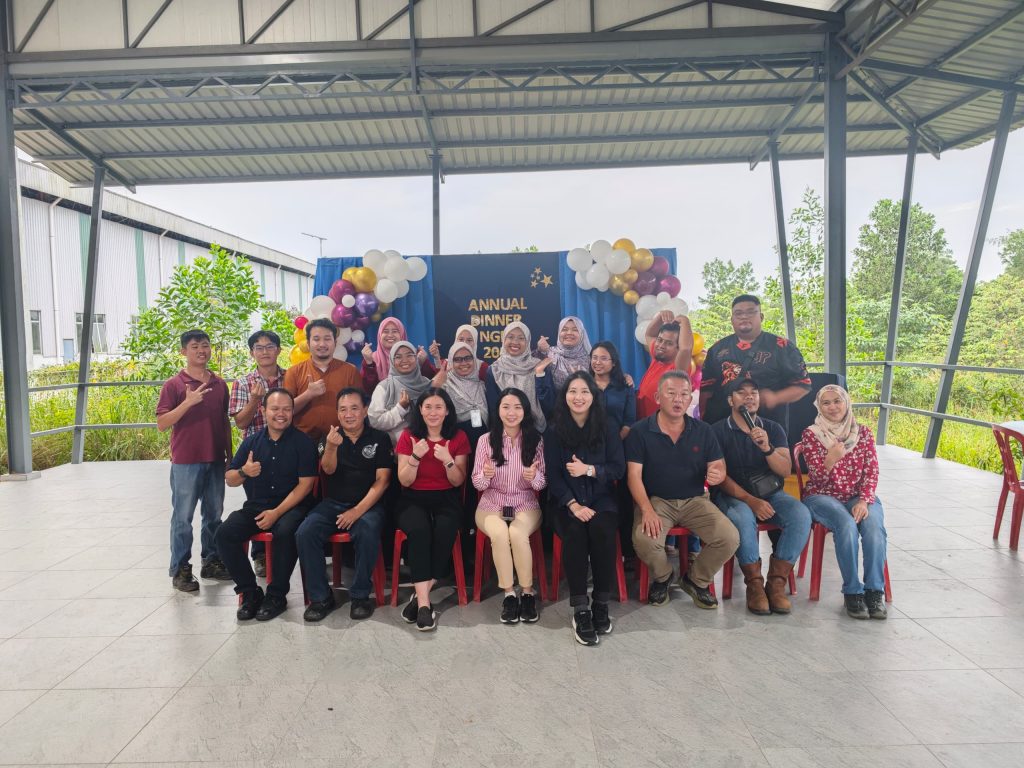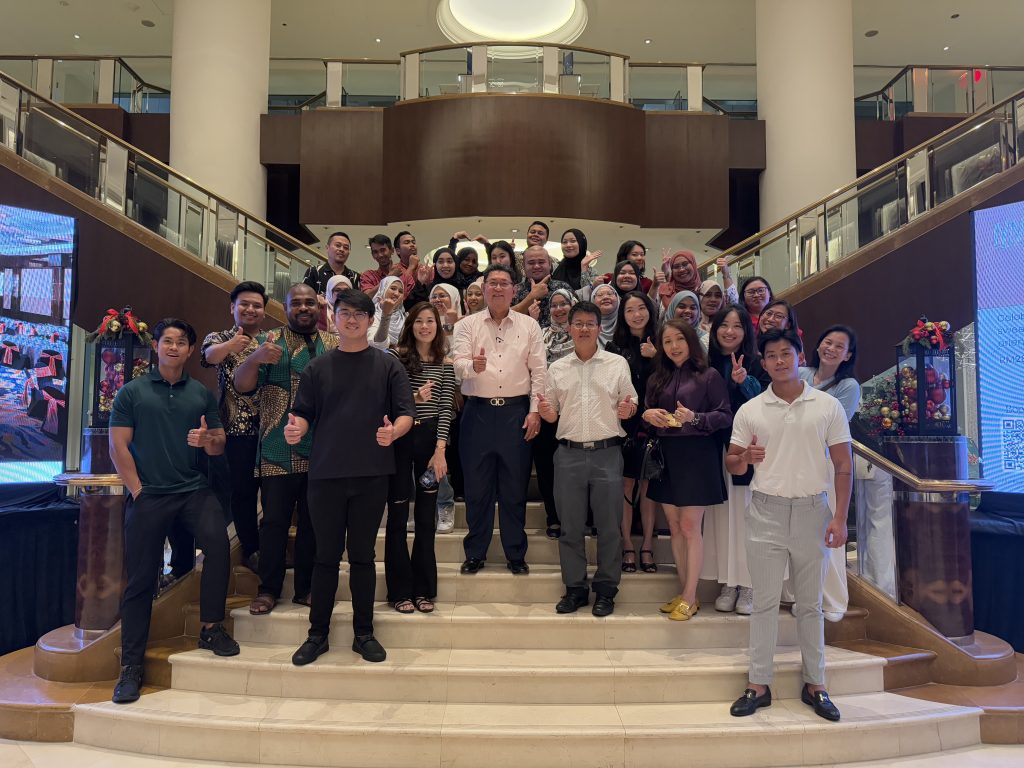On this World Environment Day, we acknowledge the urgent need to address the triple planetary crisis: climate change, loss of nature, and pollution. At Nextgreen Global Berhad, we are committed to making a difference. We have initiated efforts to reduce landfill waste by enhancing recycling activities at both our headquarters and our flagship industrial park, Green Technology Park (GTP). Our employees have been briefed on the proper use of recycling bins and the significance of recycling.
At GTP, we champion land restoration by transforming agricultural waste, particularly oil palm biomass, into valuable and sustainable pulp and paper products. This approach prevents deforestation for paper production and promotes reforestation efforts, aligning perfectly with this year’s theme “Land Restoration, Desertification, and Drought Resilience.” Land restoration offers numerous benefits, including improved soil fertility, increased water retention, and reduced land degradation.
We promote sustainable agricultural practices by fostering a nature-friendly approach in farming, with the least pollution and consumption of non-renewable resources. We further contribute by producing renewable biofertilizers, which enhance soil fertility and biodiversity conservation. These innovative biofertilizers support land restoration, mitigate climate change impacts, and promote overall ecosystem well-being – all crucial aspects of achieving the Sustainable Development Goals (SDGs).
At GTP, we champion land restoration by transforming agricultural waste, particularly oil palm biomass, into valuable and sustainable pulp and paper products. This approach prevents deforestation for paper production and promotes reforestation efforts, aligning perfectly with this year’s theme “Land Restoration, Desertification, and Drought Resilience.” Land restoration offers numerous benefits, including improved soil fertility, increased water retention, and reduced land degradation.
We promote sustainable agricultural practices by fostering a nature-friendly approach in farming, with the least pollution and consumption of non-renewable resources. We further contribute by producing renewable biofertilizers, which enhance soil fertility and biodiversity conservation. These innovative biofertilizers support land restoration, mitigate climate change impacts, and promote overall ecosystem well-being – all crucial aspects of achieving the Sustainable Development Goals (SDGs).

